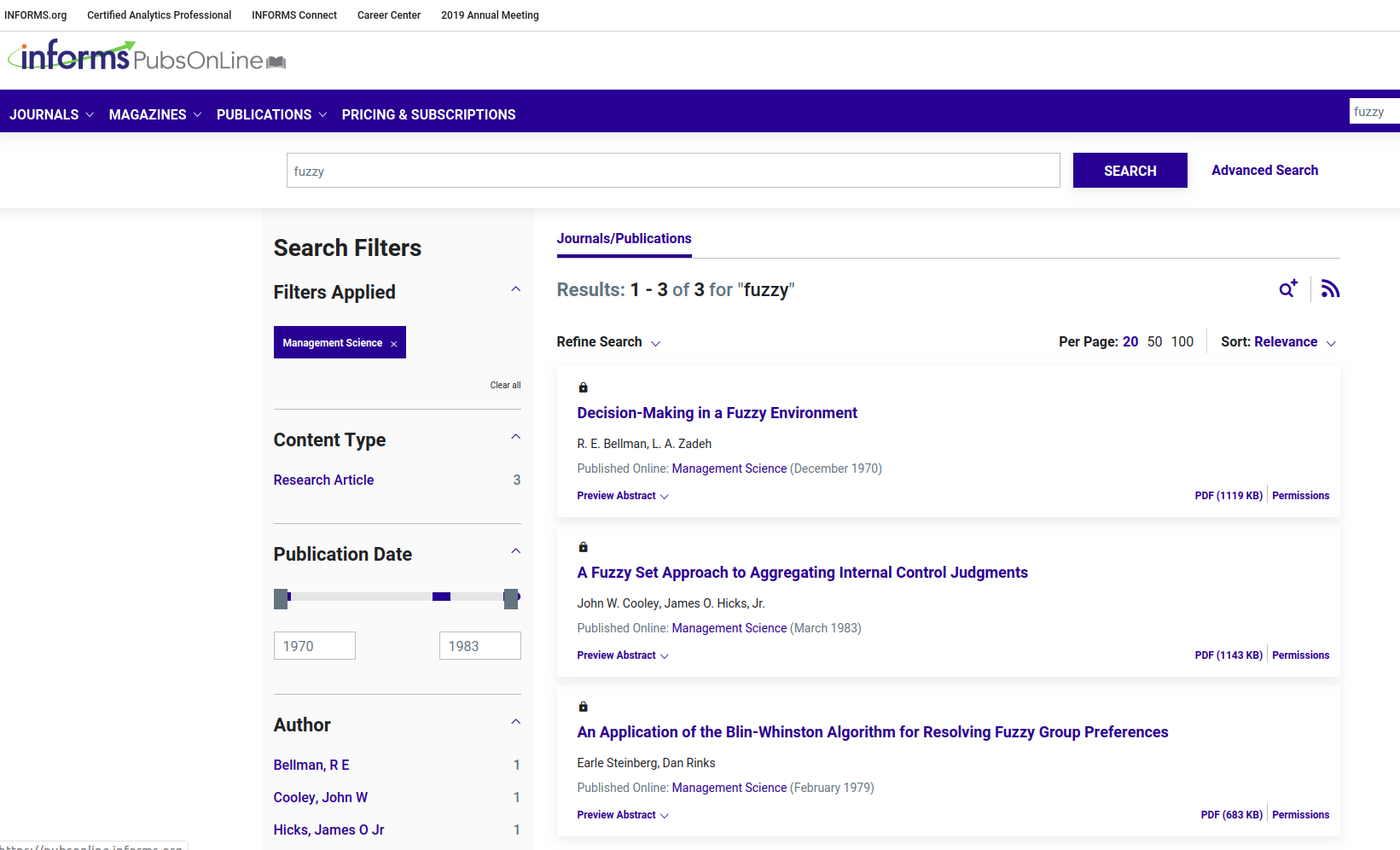Disclaimer: The following is based on my own thoughts and discussions with colleagues, hence not supported with hard data. Also, I'm no expert in fuzzy theory, but I've good experience with robust optimization and stochastic programming.
One line research in OR, which is relatively very active, is the fuzzification of MADM methods (e.g., fuzzy AHP or fuzzy TOPSIS). Another line of research is the fuzzification of DEA models. In addition, I've seen many papers on SCM considering fuzzy input.
Regarding the possible publication venues, as @michael-trick already mentioned, journals such as EJOR, JORS, and OMEGA publish papers in this area on a regular basis. In addition, journals dedicated to artificial intelligence (e.g., Expert Systems with Application and Information Science) or OR applications (e.g., Computers & Industrial Engineering) usually publish a good number of fuzzy papers.
About why fuzzy is relatively neglected by North American researchers, here is my two cents. Fuzzy sets were originally intended for modeling ambiguity. Fuzzy sets are a better tool to be used in soft-OR models (usually advocated by European researchers), as opposed to hard-OR models (usually advocated by North American researchers). To clarify this, I've to explain the idea behind fuzzy sets. For this matter, a classical example is that different people have different perceptions of hot, warm, and cold water and those perceptions are not necessarily related to the water temperature. This idea is not very consistent with the input data used usually used in optimization models. Following the fuzzy terminology, numbers used in optimization are crisp by nature and usually have no ambiguity in them. For example, consider customer's demand in a supply chain model. Perhaps you don't know what the future demand would be, however the demand itself is crisp. In other words, the fact that you cannot measure the future demand does not make it ambiguous. It's just unknown.
Finally, I do not think that optimization models with fuzzy parameters and stochastic programming (or even robust optimization models) are very comparable. The types of uncertainty considered by each method are very different (fuzzy membership function vs. probability distribution or uncertainty intervals). Also, stochastic programming and robust optimization models have structural properties for modeling the uncertainty and how to deal with it, while, AFAIK, fuzzy models lack such properties. For details, please see a relatively similar question on OR-X, available from here.
